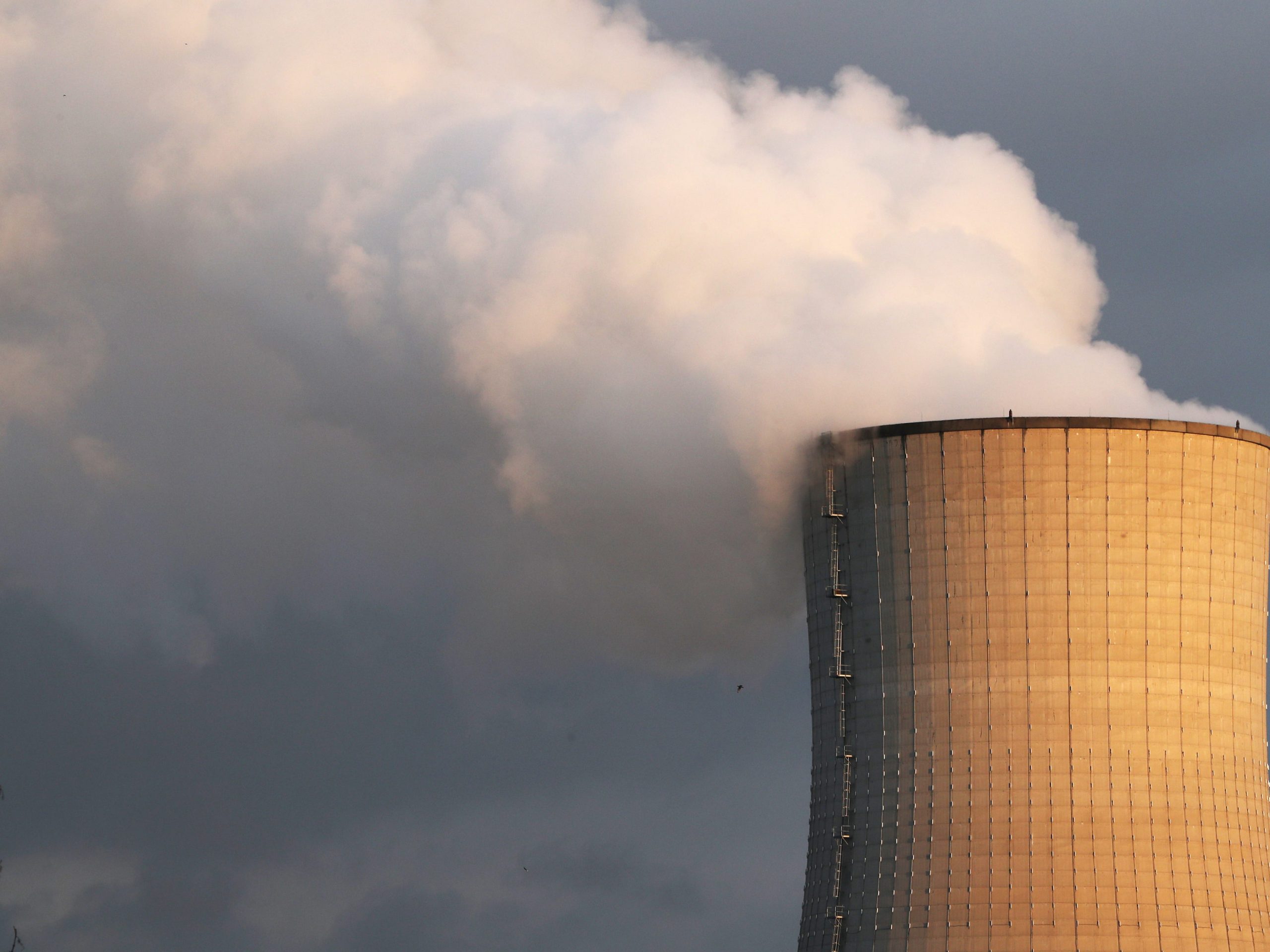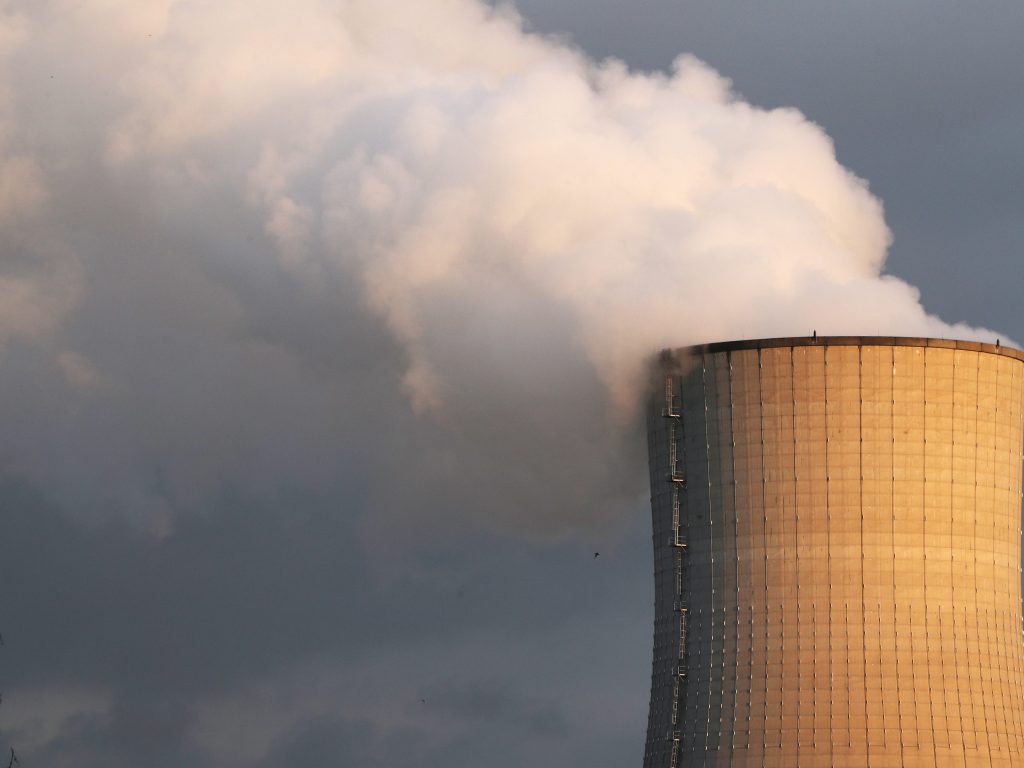
Reuters
- More investors are being encouraged to sell off their assets in fossil-fuel companies.
- Institutional investors are implementing policies that lower their exposure to such companies.
- Funding for renewable energy is growing as a result of the divestment movement.
- Subscribe to our weekly newsletter, Insider Sustainability.
For supporters of the movement to divest from fossil fuels, the Intergovernmental Panel on Climate Change's latest report on the climate crisis is further evidence that investors need to shift their capital away from businesses responsible for carbon emissions.
One of the biggest financial movements in sustainability is applying social and economic pressure on the capital reserves of fossil-fuel companies. The divestment movement – where investors are encouraged to sell their financial assets connected to coal, oil, and natural-gas companies – was estimated to be worth $14 trillion last year.
As more people become aware of the climate crisis, state and national pension funds, university endowments, and even the Archdiocese of Washington have announced shifts in investment policies that lower or eliminate their exposure to fossil-fuel companies. Earlier this summer, Maine became the first US state to pass a law requiring public funds to sell off investments in coal, petroleum, natural gas, and related products by 2026.
Many fossil-fuel companies need outside investment capital for their operations, expansion, and plans for growth. The main financial argument against divestment is that it would hurt the returns for investors in companies such as BlackRock and pension holders. "Just selling does nothing to address climate change, as ownership of the funds are just being transferred to someone else," Sandy Matheson, the executive director of Maine Public Employees Retirement System, told Bloomberg Green in July. "That's true, both in the private and public markets."
But the Rockefeller Brothers Fund, a major philanthropic organization, said this was not the case, and the contrarian investment strategist Jeremy Grantham published a report in 2018 showing a relatively small difference when any sector was removed from a portfolio. Investors are also affected by damages from the rising number and increasing severity of natural disasters related to the climate crisis. This summer, there has already been extreme flooding in Turkey, Germany, China, Belgium, and, on Monday, Gila Bend, Arizona.
The divestment movement is also important because it often happens in tandem with shifts to greater funding for renewable- and low-carbon-energy infrastructure, said many of the investors polled by the asset manager Octopus Investments Ltd. last year. As more companies, governments, and organizations announce transitions to net-zero carbon emissions, investments in the clean-energy sector totaled $501 billion last year - 9% more than 2019.
This financial shift is also happening among institutional investors. In one of BlackRock's annual letters, the investment firm said the amount globally invested by mutual funds and exchange-traded funds into sustainable products between January and November 2020 rose to $288 billion, a 96% increase compared to all of 2019.
Divestment from fossil fuels is only one part of how companies, governments, and investment organizations are becoming more sustainable. It's one of the clearest business shifts, but it's a movement in response to the growing realization that there are far fewer profits or kinds of shareholder value that can be made on a planet too warm to sustain human life.










